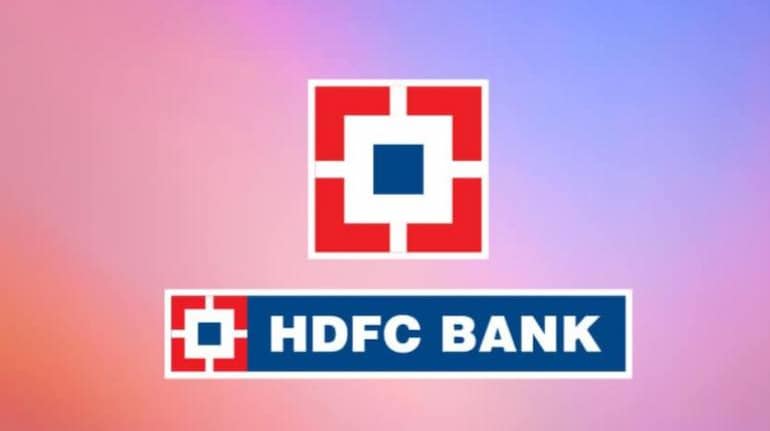



Reserve Bank of India (RBI) has finally completed its investigation on the allegations pertaining to country’s largest private lender, HDFC Bank’s auto loan department. As the RBI action shows, the regulator has identified clear violations in the bank’s processes and rule compliance.
Imposing the Rs 10 crore penalty, the RBI said an examination of documents “in the matter of marketing and sale of third-party non-financial products to the bank’s customers, arising from a whistle blower complaint to RBI regarding irregularities in the auto loan portfolio of the bank, revealed contravention of the… provisions of the Act and the regulatory directions.”
“After considering the bank’s reply to the show cause notice, oral submissions made during the personal hearing and examination of further clarifications/documents furnished by the bank, RBI came to the conclusion that the aforesaid charge of contravention of provisions of the Act was substantiated and warranted imposition of monetary penalty.
To put it in simple language, it means the charges alleged against the HDFC Bank with respect to the auto loan irregularities have been proved beyond doubt during the RBI’s investigations. One shouldn't judge the RBI action by the size of the penalty alone (the amount may not be significant) but what is important is the underlying message from the RBI to the bank.
The allegations related to the auto loan disbursals first surfaced on social media and HDFC Bank initially refused to admit the charges. It responded with a statement only after a sustained social media campaign by one of the whistleblowers and subsequent reports in the mainstream media.
The allegations mainly pertained to misselling of GPS products. Bank’s executives allegedly forced the borrowers to buy GPS devices bundled with the auto loans and even insisting that loans will not be sanctioned unless they buy these devices. The devices, manufactured by a Mumbai firm, Trackpoint GPS, cost about Rs 18 000 a piece.
As Moneycontrol highlighted in an earlier piece, for an institution of HDFC Bank’s stature, such irregularities do not augur well. Misselling or forced selling of products is a crime in the eyes of the banking regulator and selling a non-financial product by the bank, if indeed happened, is a sin.
To be fair to the bank, the misconduct by the bank officials was acknowledged by former CEO Aditya Puri in the bank’s AGM when he said an internal probe was conducted against a few erring employees and appropriate action was taken. In July last year, the bank had sacked six executives over allegations of corruption and breach of corporate governance standards after an internal investigation found that they were involved in corrupt practices.
But, in the eyes of the regulator, those steps weren't adequate as evidenced by today's action. Remember, this isn’t the only issue where the bank had invited the wrath of the regulator in the recent past. There is an ongoing audit of the bank's IT department following customer complaints of frequent digital outages in HDFC Bank's internet, mobile banking services. Although, these two events are unrelated, both issues add challenges to the new management of the bank.
So, what is the message to the new team under Shashidar Jagdishan?
At some point, the good governance practices were compromised and the action of a handful of erring employees were probably a result of the fundamental flaws in the system. Today's penalty is a strong cue from the banking regulator to the bank that it needs to identify the deeper fault lines within its corporate governance framework and correct those fundamental flows.
Discover the latest Business News, Sensex, and Nifty updates. Obtain Personal Finance insights, tax queries, and expert opinions on Moneycontrol or download the Moneycontrol App to stay updated!
Find the best of Al News in one place, specially curated for you every weekend.
Stay on top of the latest tech trends and biggest startup news.